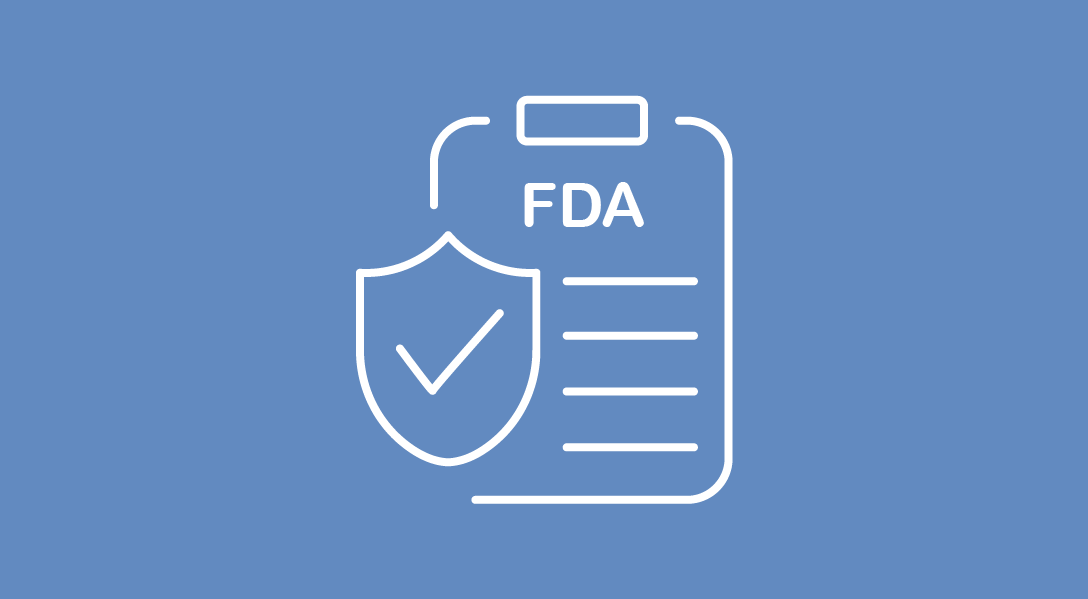Tovorafenib Gets Accelerated Approval for Pediatric Low-Grade Glioma
The FDA approved tovorafenib for certain patients with relapsed or refractory pediatric low-grade glioma.
Tovorafenib was granted accelerated approval by the FDA for certain pediatric patients with low-grade glioma.

The FDA granted accelerated approval to tovorafenib (Ojemda) to treat patients with relapsed or refractory BRAF-altered pediatric low-grade glioma (pLGG), the most common brain tumor diagnosed in children.1
The approval is based on findings from the phase 2 FIREFLY-1 trial where patients aged 6 months to 25 years with relapsed or progressive pLGG and a known activating BRAF alteration were administered tovorafenib once weekly as monotherapy.2 Tovorafenib can be administered as a 100 mg immediate-release tablet or 25 mg/mL powder for reconstitution.3
Findings from FIREFLY-1 were published in Nature Medicine. The overall response rate (ORR) was 67%, which met the study’s primary end point. The median duration of response (DOR) was 16.6 months, and the median time to response (TTR) was 3.0 months.4
Regarding safety, the most common treatment-related adverse events (TRAEs) were hair color changes (76%), increased creatine phosphokinase (56%), and anemia (49%). TRAEs of grade 3 or higher were reported in 42% of patients, and 9 patients (7%) discontinued study treatment due to TRAEs.4
A total of 137 patients were enrolled in FIREFLY-1.4 Patients were eligible to participate if they had received at least 1 line of systemic therapy and had evidence of radiographic progression, as well as at least 1 measurable lesion as defined by RANO.3 Patients with additional activating molecular alterations, symptoms of clinical progression in the absence of radiographic progression, or diagnosis of neurofibromatosis type 1 were excluded from the study.
The study’s primary end points were ORR, safety, and tolerability. Secondary end points included the relationship between pharmacokinetics and drug effects, visual acuity outcomes, progression-free survival, DOR, TTR, and clinical benefit rate.
The agent was previously granted FDA breakthrough therapy and rare pediatric disease designations. The FDA also granted orphan drug designation to tovorafenib for the treatment of malignant glioma.5 Tovorafenib is also being investigated in a phase 1/2 study in patients with recurrent or progressive solid tumors and activating RAF alterations (NCT04985604).
References
1. FDA grants accelerated approval to tovorafenib for patients with relapsed or refractory BRAF-altered pediatric low-grade glioma. US FDA. April 23, 2024. Accessed April 23, 2024. https://tinyurl.com/4ah2mbu5
2. Day One announced FDA acceptance of NDA and priority review for tovorafenib in relapsed or progressive pediatric low-grade glioma (pLGG). News release. Day One Biopharmaceuticals. October 30, 2023. Accessed January 25, 2024. http://tinyurl.com/2wxpjb9e
3. A study to evaluate DAY101 in pediatric and young adult patients with relapsed or progressive low-grade glioma and advanced solid tumors (FIREFLY-1). ClinicalTrials.gov. Updated December 27, 2023. Accessed January 25, 2024.
4. Kilburn LB, Khuong-Quang DA, Hansford JR, et al. The type II RAF inhibitor tovorafenib in relapsed/refractory pediatric low-grade glioma: the phase 2 FIREFLY-1 trial. Nat Med. 2024;30(1):207-217. doi:10.1038/s41591-023-02668-y
5. Tovorafenib (DAY101)—our lead investigational therapy. Day One Biopharmaceuticals. Accessed January 25, 2024. http://www.dayonebio.com/tovorafenib-day101/


